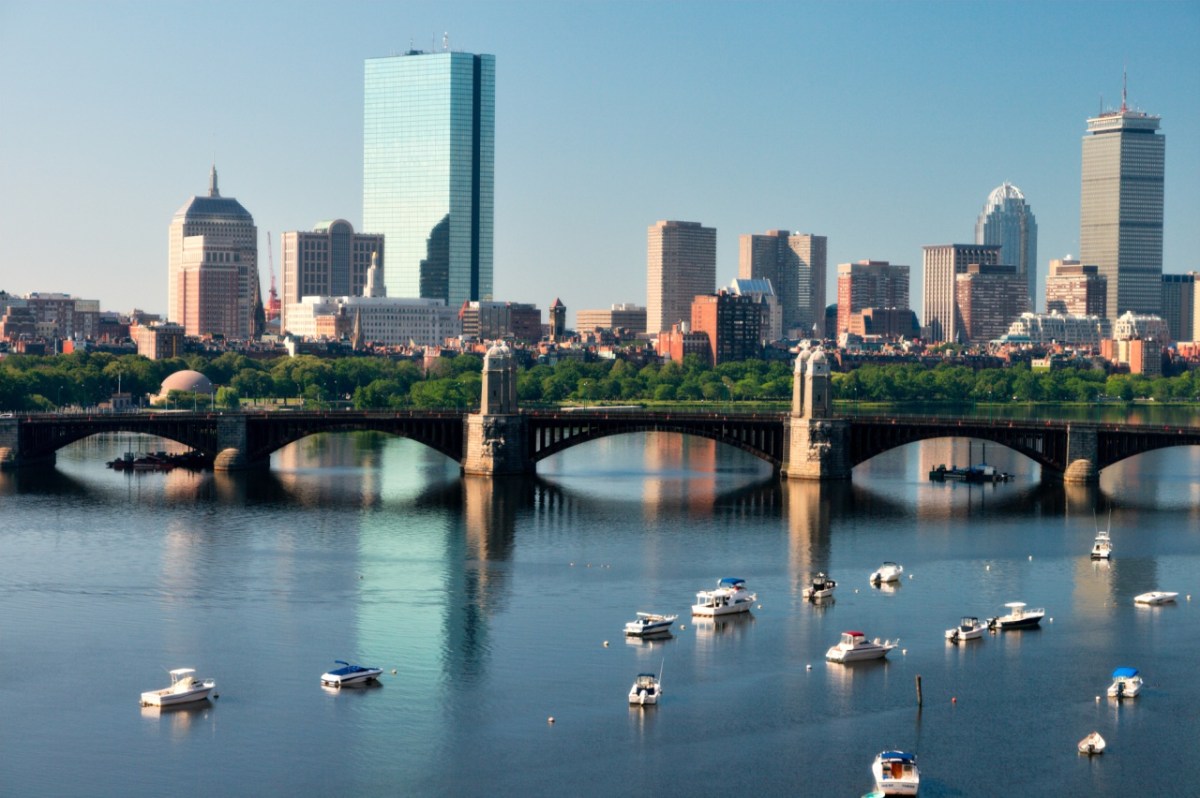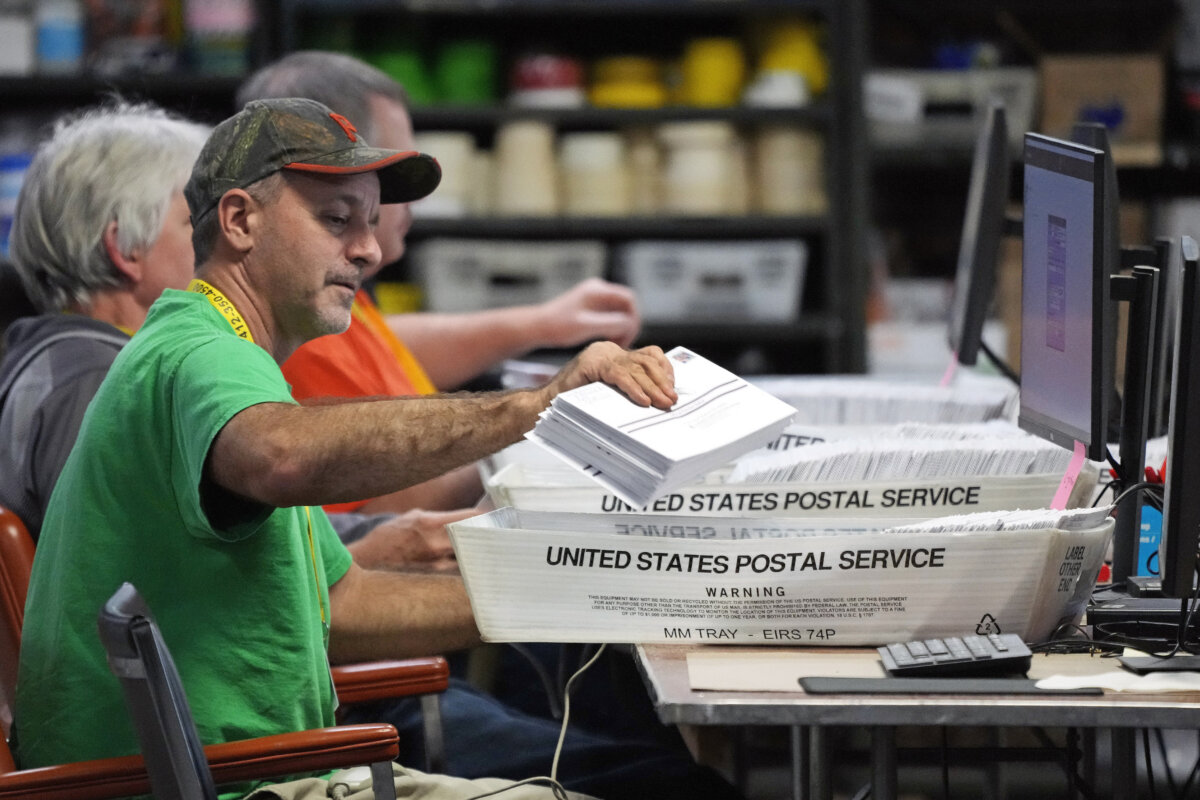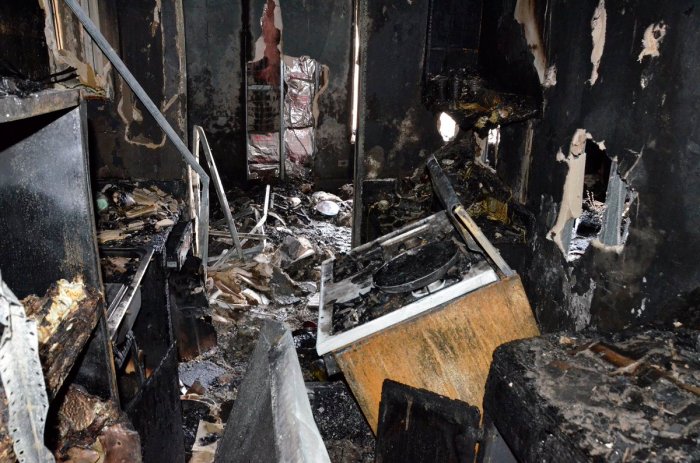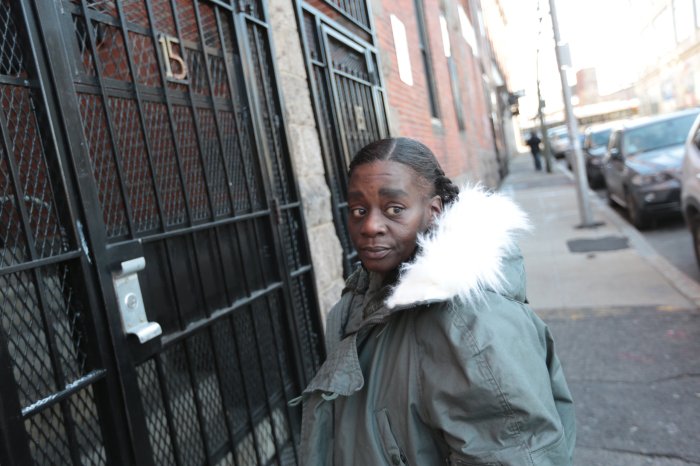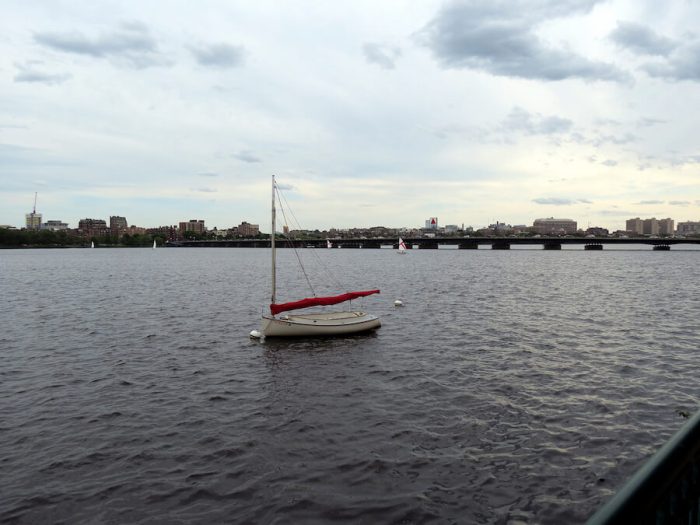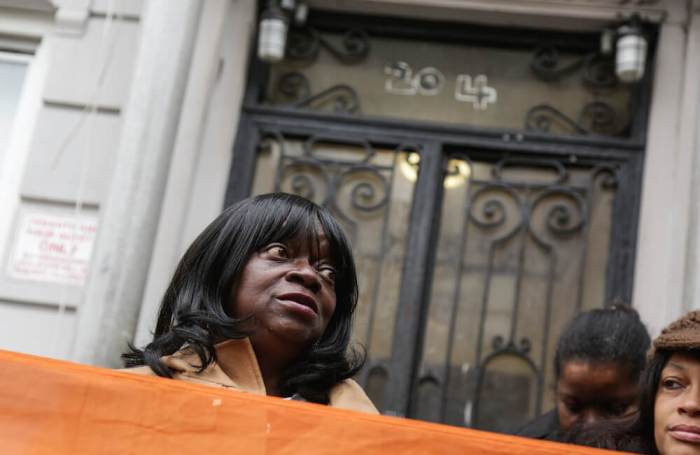Demand for new apartments is on the rise as people — young professionals, couples, families and empty nesters all included — continue to flock to cities. In Boston alone, the city needs another approximately 66,000 housing units by 2030 to keep up with the growing population, according to a new report.
But where will all those additional housing units go? That’s the question, and it’s not an easy answer, especially in light of that recent report which names Boston the second most difficult metropolitan market in the country in which to build new apartments.
The National Multifamily Housing Council and the National Apartment Association recently released their research, which looked at the rising demand for apartments across the country.
Nationwide, the country will see a demand for an additional 4.6 million new apartment units by 2030, according to the report. That means building more than 325,000 new apartment homes each year on average. For many cities, it’s a challenge to meet that demand.
Boston faces a lot of barriers when it comes to building new apartment households, according to the report, both in available land on which to build and local regulations to push through.
Affordability problems such as higher rents are exacerbated in markets where apartment construction costs are high due to shortages of land, outdated zoning laws and restrictions, and arbitrary permitting requirements, experts say.
“The Boston metro area will need all types of apartments and at all price points,” Mark Epker, 2017 president of the Rental Housing Association of Greater Boston Real Estate Board, said in a statement to State House News Service. “Boston apartment developers, owners and managers and their residents contribute $17.7 billion to the local economy annually, and that number is expected to rise with increased demand.”
Boston came in as the second metropolitan area with the most barriers, only behind Honolulu. Behind Boston were Baltimore, Miami and Memphis, respectively, rounding out the top five most difficult cities to add apartments.
For the easiest markets in which to add new housing, New Orleans came in at number one, followed by Little Rock, Arkansas, Kansas City, Indianapolis and St. Louis.

